जब कैंसर की बात आती है, तो ज़्यादातर लोग चाहते हैं कि उन्हें इसके जोखिम के बारे में पहले से पता हो। इन जोखिमों को समझने और कभी-कभी लक्षण दिखने से पहले ही कैंसर का पता लगाने में जेनेटिक टेस्ट एक शक्तिशाली उपकरण हो सकता है। अगर आप सोच रहे हैं कि क्या जेनेटिक टेस्ट कैंसर का पता लगा सकता है, तो यह ब्लॉग पोस्ट आपको इसकी कार्यप्रणाली, इसके लाभों और यह कैसे आपके स्वास्थ्य को नियंत्रित करने में आपकी मदद कर सकता है, इसकी मूल बातें बताएगा।
कैंसर के लिए आनुवंशिक परीक्षण क्या है?
कैंसर के लिए आनुवंशिक परीक्षण आपके डीएनए का विश्लेषण करके कैंसर के उच्च जोखिम से जुड़े आनुवंशिक उत्परिवर्तनों का पता लगाता है। ये परीक्षण वंशानुगत उत्परिवर्तनों की पहचान कर सकते हैं - माता-पिता से प्राप्त जीन परिवर्तन - जो स्तन, डिम्बग्रंथि, बृहदान्त्र, अग्नाशय और अन्य सहित कुछ कैंसरों के विकास की संभावना को बढ़ा सकते हैं। मौजूदा कैंसर का निदान करने वाले कुछ परीक्षणों के विपरीत, आनुवंशिक परीक्षण का उद्देश्य आपके वंशानुगत कैंसर के जोखिम को उजागर करना है। यह ज्ञान प्रारंभिक रोकथाम, जीवनशैली में बदलाव और यहां तक कि लक्षित जांचों के चयन के लिए मूल्यवान हो सकता है।
आनुवंशिक परीक्षण से कैंसर के जोखिम का पता कैसे चलता है?
1. कैंसर से संबंधित जीन उत्परिवर्तन की पहचान करना
BRCA1 और BRCA2 जैसे कुछ जीन स्तन और डिम्बग्रंथि के कैंसर से जुड़े होने के लिए जाने जाते हैं। एक आनुवंशिक परीक्षण इन जीनों का विश्लेषण करके यह पता लगा सकता है कि क्या आपमें ऐसे उत्परिवर्तन हैं जो आपके कैंसर के जोखिम को बढ़ाते हैं। उदाहरण के लिए, MapmyGenome का BRCA मैप इन महत्वपूर्ण जीनों की जांच करके आपको यह समझने में मदद करता है कि क्या आपको स्तन या डिम्बग्रंथि के कैंसर की संभावना अधिक है।
2. वंशानुगत कैंसर सिंड्रोम का पता लगाना
लिंच सिंड्रोम जैसे कई वंशानुगत कैंसर सिंड्रोम हैं, जो कोलोरेक्टल, एंडोमेट्रियल और अन्य जैसे विभिन्न कैंसर के जोखिम को बढ़ाते हैं। आनुवंशिक परीक्षण इन सिंड्रोम से जुड़े उत्परिवर्तनों का पता लगा सकते हैं और व्यक्तियों को उनके बढ़ते जोखिम के बारे में सचेत कर सकते हैं। MapmyGenome व्यापक पैनल प्रदान करता है जो विभिन्न प्रकार के कैंसर और वंशानुगत स्थितियों से जुड़े उत्परिवर्तनों की जांच करता है।
3. पॉलीजेनिक जोखिम को समझना
कुछ कैंसर कई जीन और जीवनशैली कारकों के संयुक्त प्रभाव से उत्पन्न होते हैं। आनुवंशिक परीक्षण किसी व्यक्ति के "पॉलीजेनिक जोखिम स्कोर" का आकलन कर सकते हैं, जिससे यह जानकारी मिलती है कि आनुवंशिक कारक किस तरह मिलकर कैंसर के जोखिम को प्रभावित करते हैं।
कैंसर के लिए आनुवंशिक परीक्षण पर किसे विचार करना चाहिए?
आनुवंशिक परीक्षण लाभदायक हो सकता है यदि आप:
- जिनके परिवार में कैंसर का इतिहास रहा हो, विशेष रूप से जिनके निकट संबंधियों को स्तन, डिम्बग्रंथि, बृहदांत्र या अग्नाशय का कैंसर रहा हो।
- परिवार में वंशानुगत कैंसर सिंड्रोम का पता होना।
- क्या आप अपने व्यक्तिगत या पारिवारिक स्वास्थ्य इतिहास के कारण विशिष्ट प्रकार के कैंसर के जोखिम के बारे में चिंतित हैं?
सुझाव: परीक्षण से पहले और बाद में आनुवंशिक परामर्शदाता से परामर्श करना उचित है, क्योंकि वे परिणामों की व्याख्या करने और आपके आनुवंशिक जोखिम के आधार पर व्यक्तिगत कार्य योजना विकसित करने में आपकी सहायता कर सकते हैं।
कैंसर के लिए आनुवंशिक परीक्षण के लाभ
- सक्रिय स्वास्थ्य प्रबंधन : अपने आनुवंशिक जोखिम को जानने से आप सूचित स्वास्थ्य विकल्प चुन सकते हैं और निवारक उपाय अपना सकते हैं।
- लक्षित जांच और निगरानी : यदि आप उच्च जोखिम में हैं, तो आप नियमित जांच निर्धारित करने के लिए अपने स्वास्थ्य सेवा प्रदाता के साथ मिलकर काम कर सकते हैं।
- व्यक्तिगत उपचार विकल्प : कैंसर से पीड़ित लोगों के लिए, आनुवंशिक परीक्षण उनके आनुवंशिक प्रोफाइल के अनुरूप अधिक लक्षित उपचार का मार्गदर्शन कर सकता है।
मैपमाइसीनोम के साथ जेनेटिक कैंसर टेस्ट से आप क्या उम्मीद कर सकते हैं?
MapmyGenome में, हमारे जेनेटिक परीक्षण पैनल उपयोगकर्ता-अनुकूलता को ध्यान में रखते हुए डिज़ाइन किए गए हैं। यहाँ आप क्या उम्मीद कर सकते हैं:
- सरल नमूना संग्रहण : अधिकांश परीक्षणों में केवल लार के नमूने की आवश्यकता होती है, जिसे आप आसानी से घर पर उपलब्ध करा सकते हैं।
- व्यापक विश्लेषण : हमारी प्रयोगशाला विभिन्न प्रकार के कैंसर से जुड़े विशिष्ट उत्परिवर्तनों के लिए आपके नमूने का विश्लेषण करती है।
- विस्तृत परिणाम और कार्रवाई योग्य जानकारी : आपको एक स्पष्ट, व्यापक रिपोर्ट प्राप्त होगी जिसमें आपके आनुवंशिक जोखिम को आसानी से समझने योग्य स्पष्टीकरण के साथ रेखांकित किया जाएगा।
- सहायक परामर्श : हमारे आनुवंशिक परामर्शदाता आपके परिणामों के बारे में आपको बताने और अगले कदमों के बारे में मार्गदर्शन प्रदान करने के लिए उपलब्ध हैं।
कैंसर के लिए आनुवंशिक परीक्षण के बारे में अक्सर पूछे जाने वाले प्रश्न
1. क्या आनुवंशिक परीक्षण से वास्तव में कैंसर का निदान हो सकता है?
उत्तर : नहीं, आनुवंशिक परीक्षण कैंसर के जोखिम की पहचान करता है लेकिन मौजूदा कैंसर का निदान नहीं करता है। यह आपके जोखिम को समझने और समय रहते कार्रवाई करने में आपकी मदद करने के लिए एक निवारक उपकरण है।
2. आनुवंशिक परीक्षण से किस प्रकार के कैंसर का पता लगाया जा सकता है?
उत्तर : आनुवंशिक परीक्षण से स्तन, डिम्बग्रंथि, बृहदान्त्र और प्रोस्टेट कैंसर सहित विभिन्न कैंसर के जोखिम कारकों की पहचान की जा सकती है। MapmyGenome स्तन और डिम्बग्रंथि के कैंसर के जोखिमों के लिए BRCA मैप जैसे विशिष्ट पैनल और विभिन्न कैंसर प्रकारों के लिए अन्य व्यापक पैनल प्रदान करता है।
3. कैंसर के जोखिम के लिए आनुवंशिक परीक्षण कितने सटीक हैं?
उत्तर : आनुवंशिक परीक्षण कैंसर के जोखिम से जुड़े ज्ञात उत्परिवर्तनों की पहचान करने में अत्यधिक सटीक हैं। हालाँकि, सभी कैंसर जोखिम आनुवंशिकी के कारण नहीं होते हैं; जीवनशैली और पर्यावरणीय कारक भी महत्वपूर्ण भूमिका निभाते हैं।
4. कैंसर के लिए आनुवंशिक परीक्षण करवाने पर किसे विचार करना चाहिए?
उत्तर : जिन व्यक्तियों के परिवार में कैंसर का इतिहास रहा है, खास तौर पर करीबी रिश्तेदारों में कैंसर के विशिष्ट मामले, उन्हें जेनेटिक परीक्षण से लाभ हो सकता है। यदि आप चिंतित हैं, तो MapmyGenome कई तरह के पैनल प्रदान करता है, जिन पर हमारे जेनेटिक काउंसलर से चर्चा की जा सकती है।
5. मैपमाइसीनोम अन्य आनुवंशिक परीक्षण प्रदाताओं से किस प्रकार भिन्न है?
उत्तर : मैपमाईजीनोम प्रत्येक क्लाइंट के लिए अनुकूलित व्यापक परीक्षण और परीक्षण के बाद परामर्श प्रदान करता है। हम अपने उच्च-गुणवत्ता, उपयोगकर्ता-अनुकूल परीक्षणों और स्वास्थ्य सशक्तिकरण के लिए आपके परिणामों की व्याख्या और उपयोग करने में आपकी सहायता करने की प्रतिबद्धता के लिए जाने जाते हैं।
6. आनुवंशिक कैंसर परीक्षण की लागत कितनी है?
उत्तर : आनुवंशिक परीक्षण की लागत पैनल के आधार पर अलग-अलग होती है। MapmyGenome आपकी विशिष्ट आवश्यकताओं के आधार पर प्रतिस्पर्धी मूल्य और विभिन्न विकल्प प्रदान करता है।
MapmyGenome के साथ अपने स्वास्थ्य की देखभाल करें
कैंसर के लिए आनुवंशिक परीक्षण आपके स्वास्थ्य को सक्रिय रूप से प्रबंधित करने में एक परिवर्तनकारी कदम हो सकता है। चाहे आपके परिवार में कैंसर का इतिहास रहा हो या आप अपने जोखिम के बारे में अधिक जानकारी चाहते हों, MapmyGenome कार्रवाई योग्य जानकारी के साथ सुलभ, उपयोगकर्ता के अनुकूल परीक्षण प्रदान करता है। MapmyGenome के साथ, आपको न केवल उत्तर मिलेंगे बल्कि आगे बढ़ने का रास्ता भी मिलेगा।


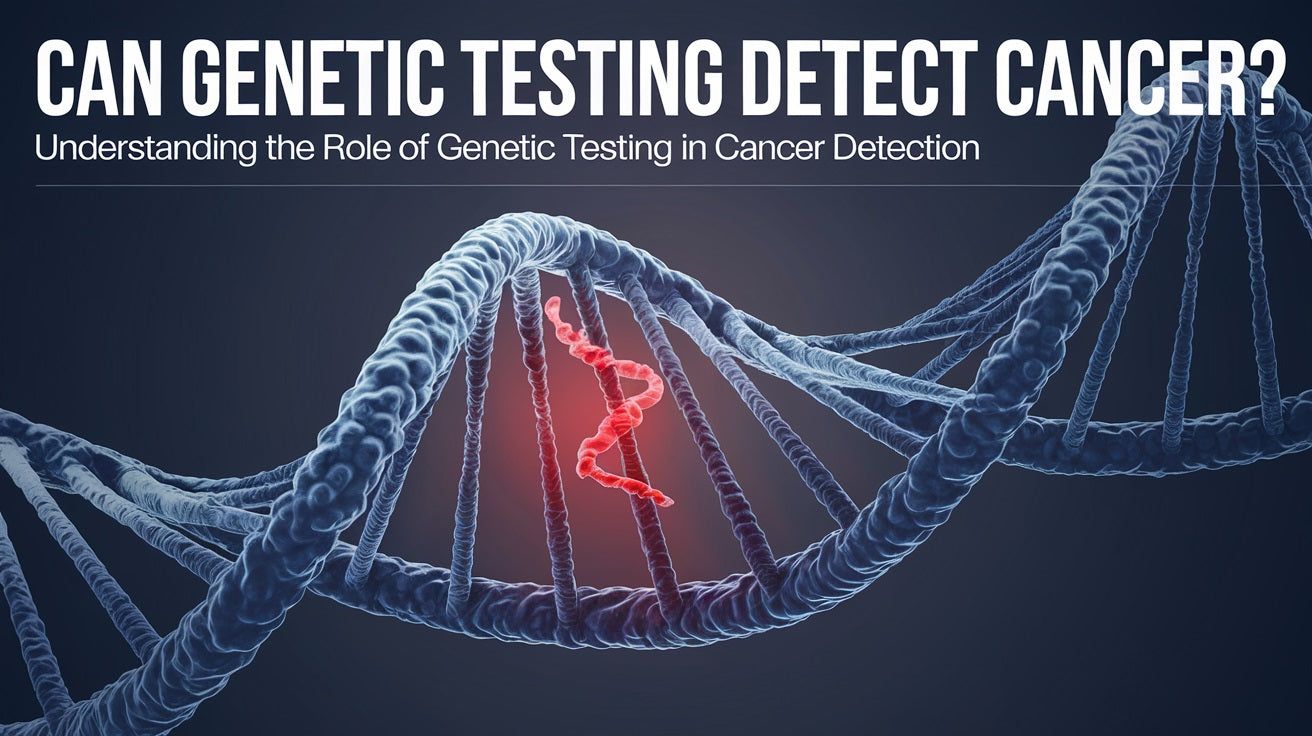


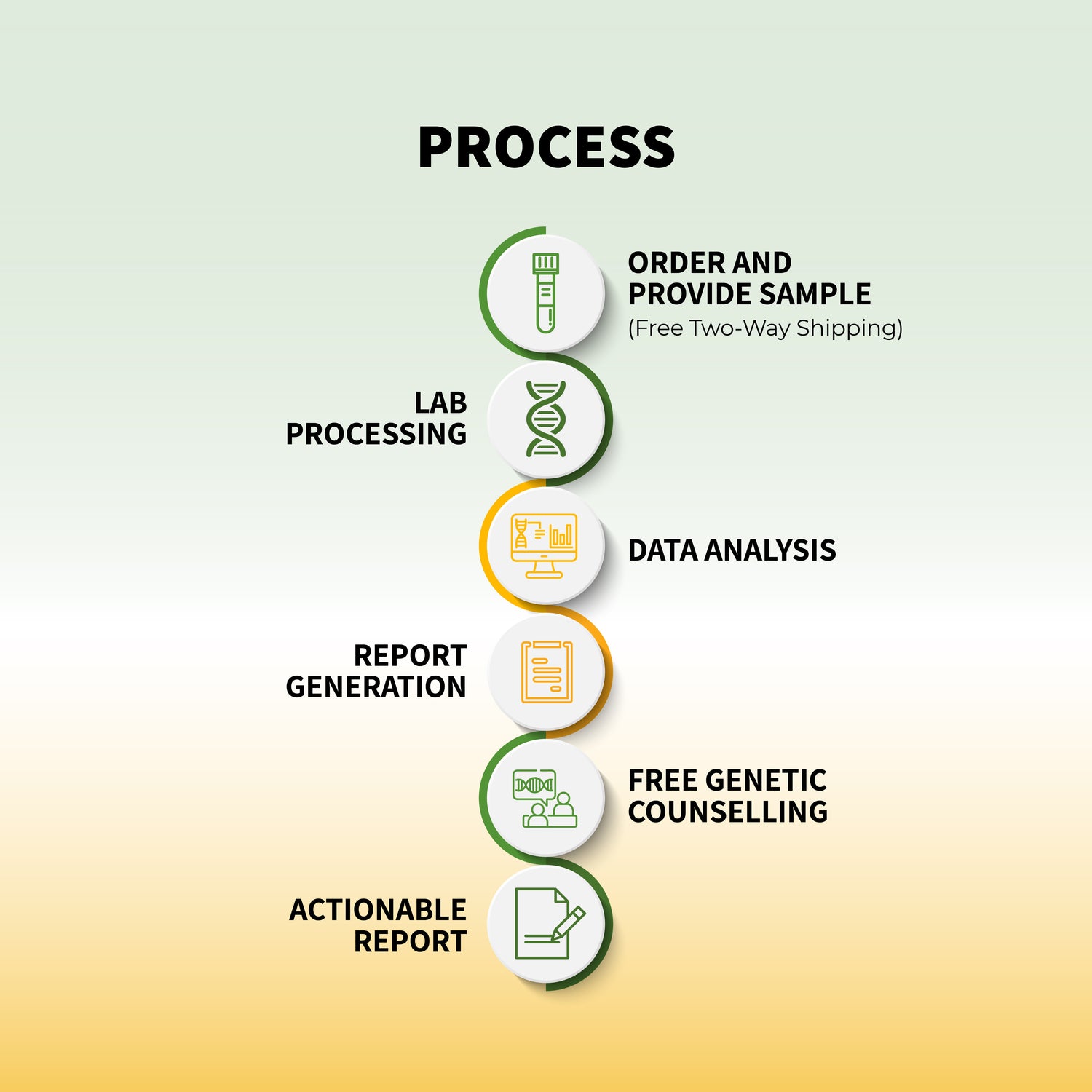
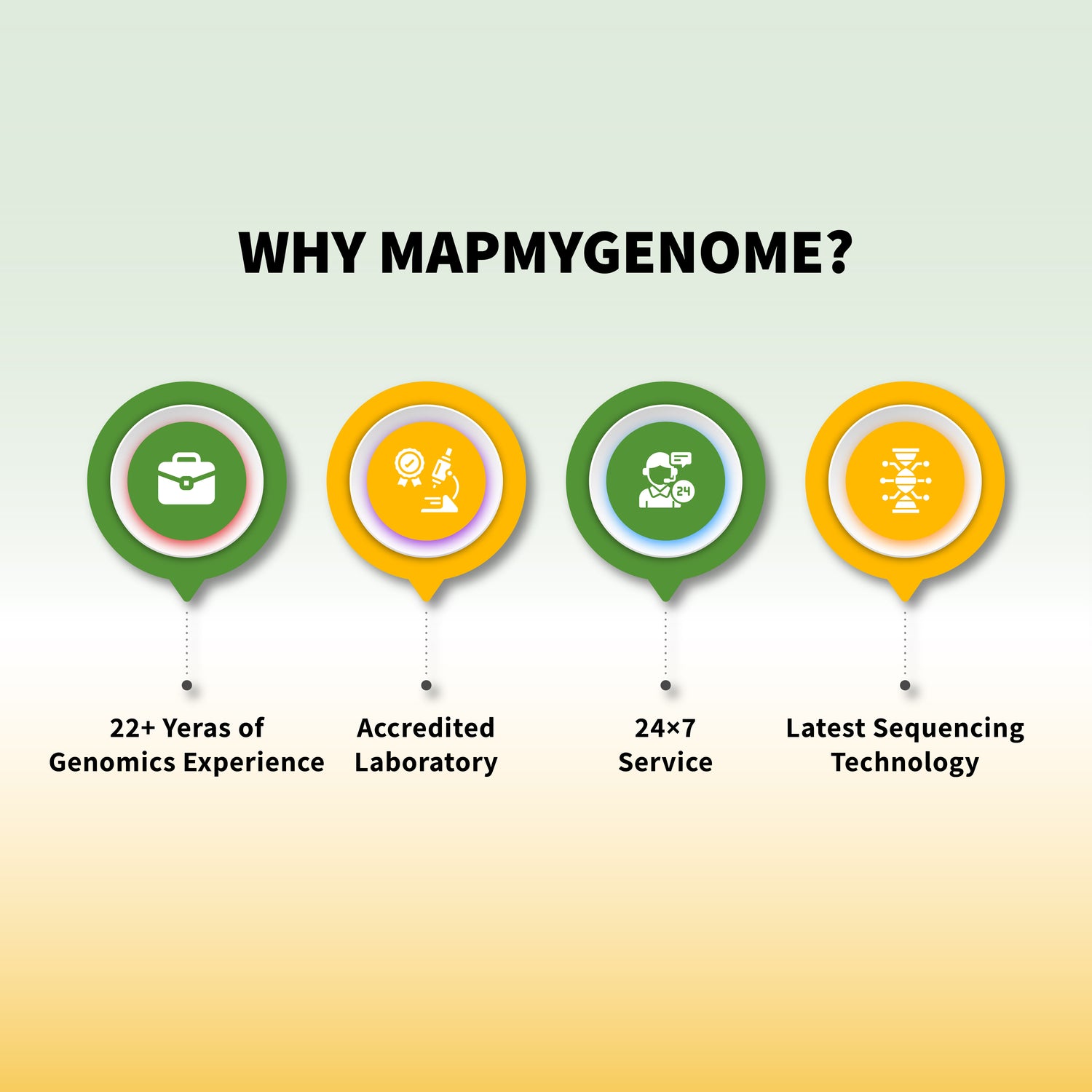
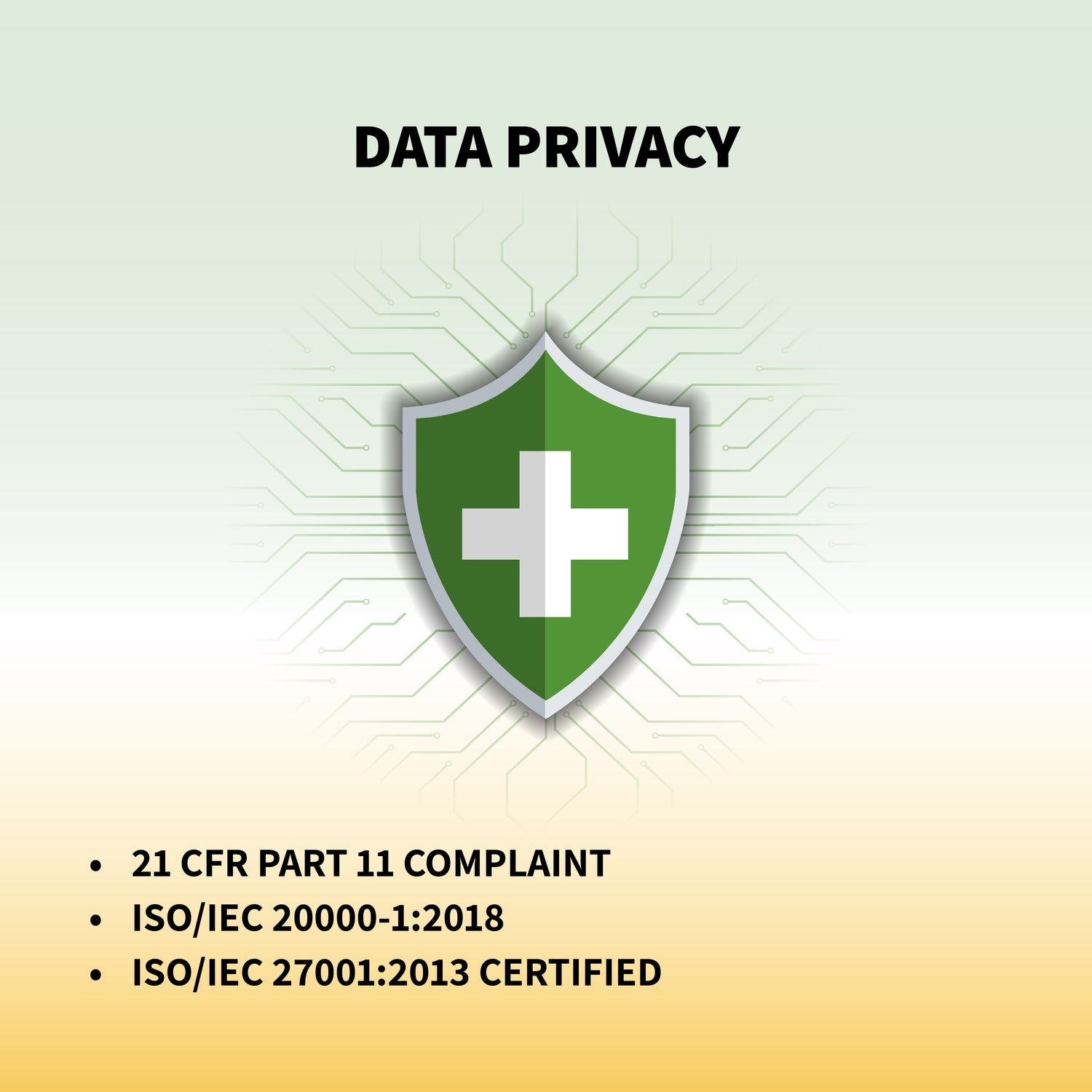



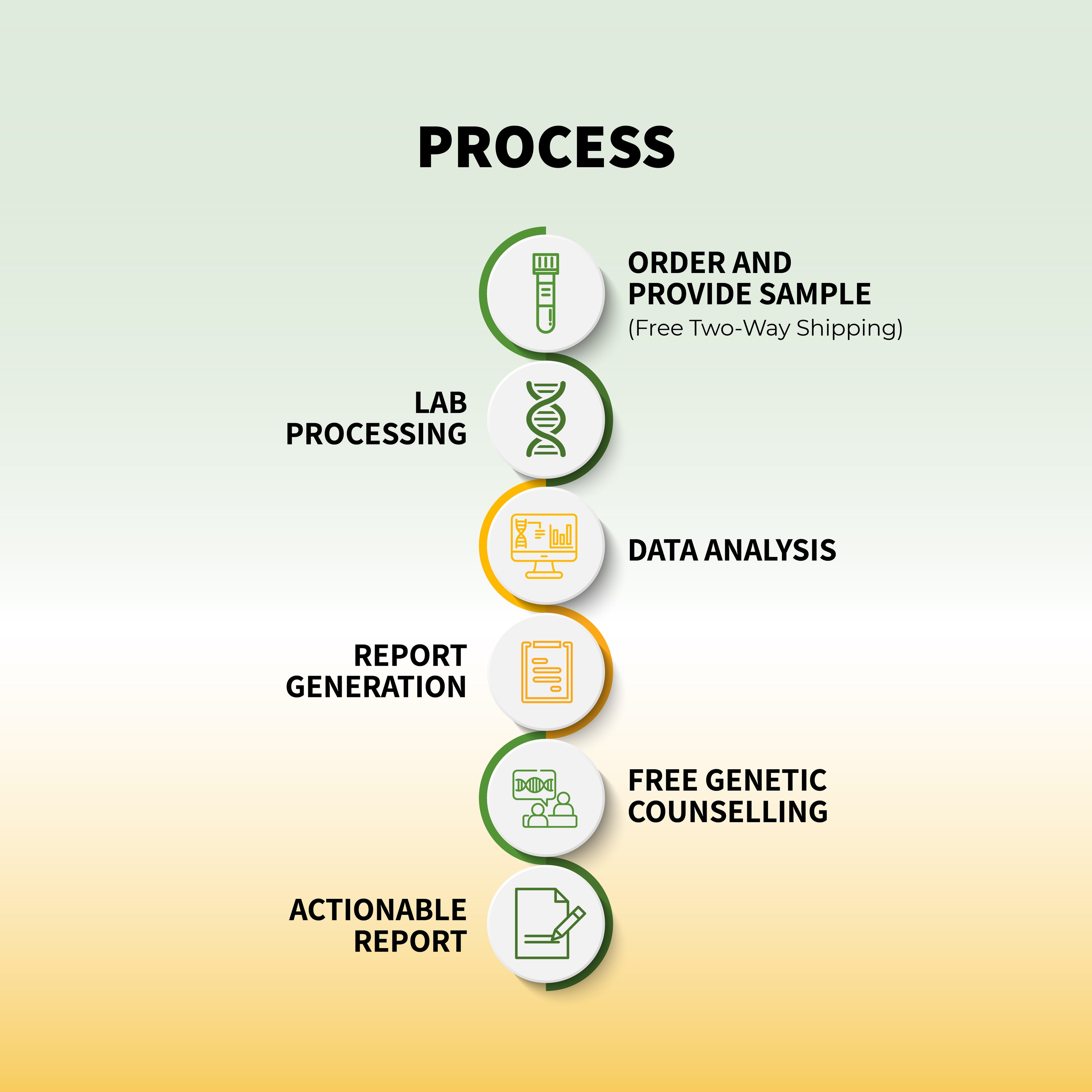
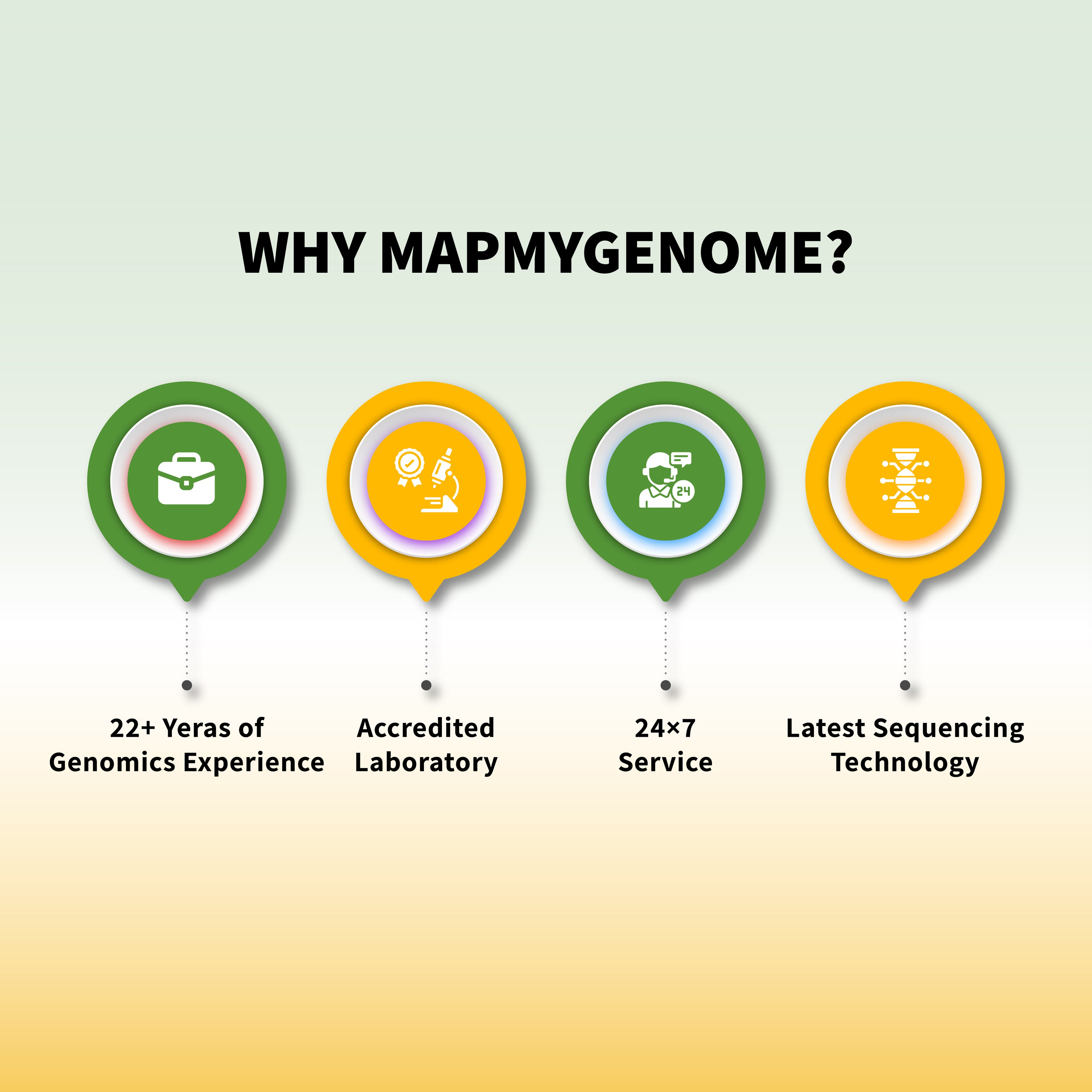
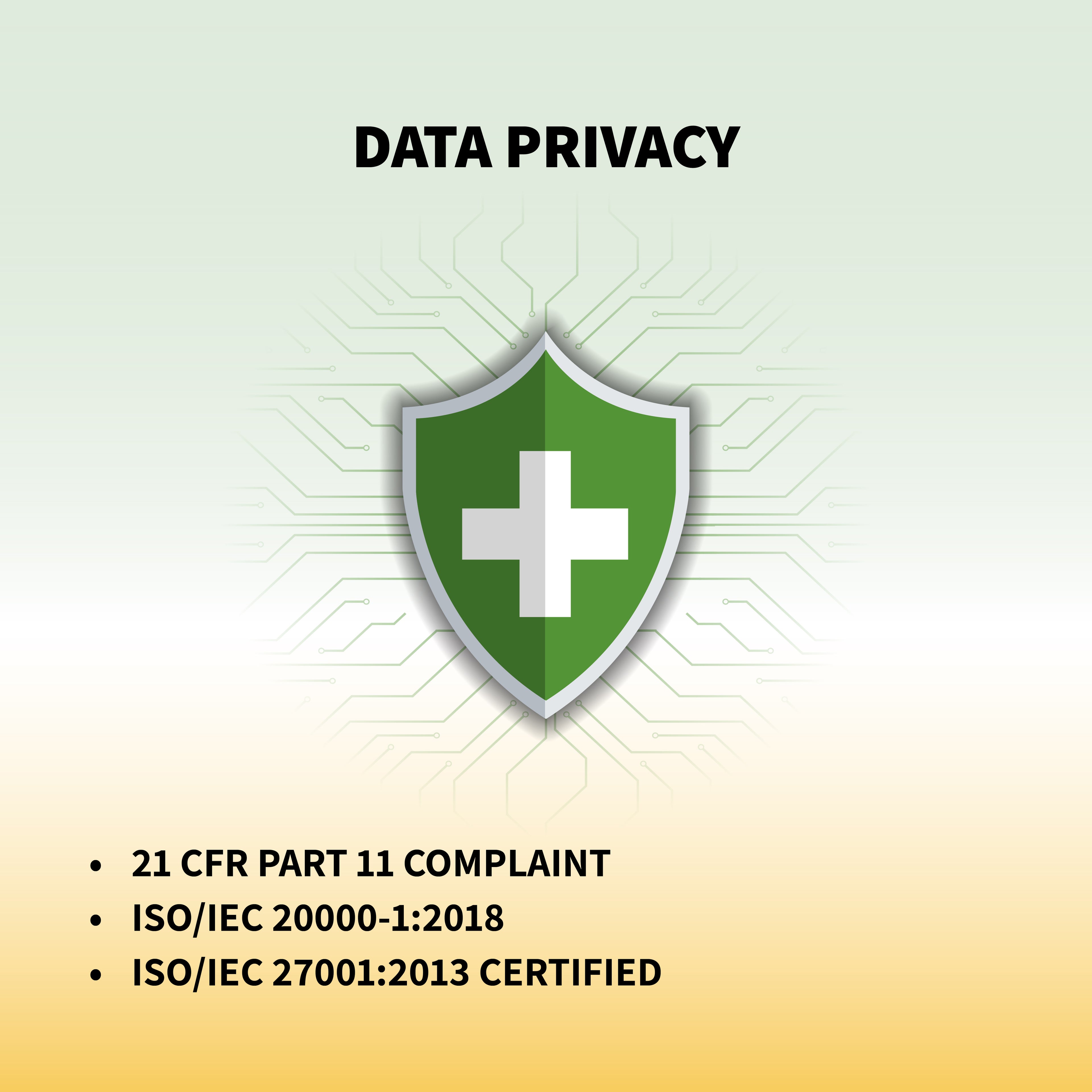




1 टिप्पणी
My wife’s mother & grandmother were diagnosed with breast canser.
I have folliwing queries -
1. Should my wife (age about 58 yrs) and daughter (age about 30 yrs, not married) should take genetic cancer test or any other specific test involving BRCA1 & BRCA2. They have no symptoms at present.
2. Genetic test vis a vis Screening test for diagnosis – what are relative benefits.